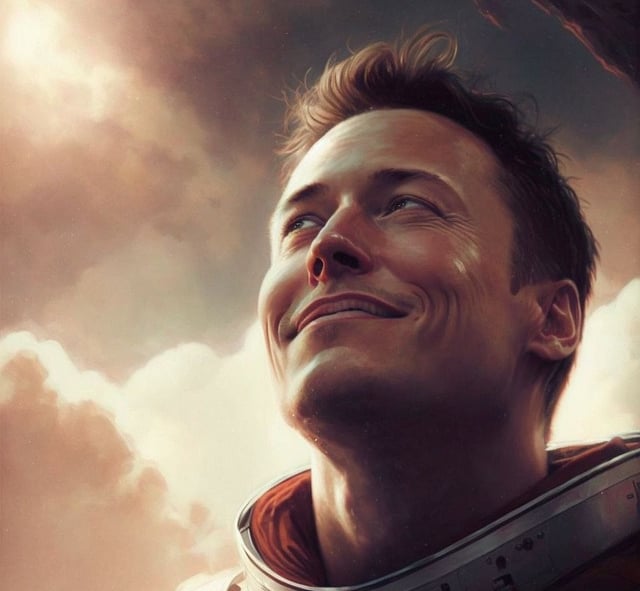Exploring Elon Musk's Impact on the Renewable Energy Sector
Elon Musk, the CEO of Tesla and SpaceX, is a driving force behind the renewable energy revolution. His commitment to sustainable energy has led to groundbreaking advancements in solar power and battery technology. This blog post explores Musk's impact on the renewable energy sector and provides insights for investors interested in this rapidly growing industry.
Trent Palumbo
6/24/20242 min read


1. Tesla's Solar Power Innovations
Tesla's solar products are designed to harness the power of the sun, providing clean and renewable energy for homes and businesses. These innovations are crucial in reducing reliance on fossil fuels and promoting sustainability.
Key Points:
Solar Roof: Tesla's Solar Roof integrates solar panels into roof tiles, offering an aesthetically pleasing and efficient way to generate solar power.
Solar Panels: High-efficiency solar panels that are easy to install and provide reliable renewable energy.
Energy Independence: Tesla's solar products enable homeowners and businesses to achieve energy independence by generating their own power.
Key takeaway: Investing in companies that lead in renewable energy technologies can offer long-term growth potential.
2. Revolutionizing Energy Storage with Powerwall and Powerpack
Tesla's energy storage solutions, such as Powerwall and Powerpack, are designed to store excess energy generated from renewable sources. These products are essential for managing energy supply and demand, ensuring a stable and reliable energy grid.
Key Points:
Powerwall: A home battery system that stores energy for backup power and daily use, helping to reduce electricity bills.
Powerpack: A scalable energy storage solution for businesses and utilities, designed to provide backup power and support grid stability.
Megapack: A large-scale energy storage solution that helps utilities and large businesses store and manage renewable energy.
Key takeaway: Energy storage technologies are critical for the widespread adoption of renewable energy and can be a lucrative investment opportunity.
3. Sustainable Manufacturing Practices
Elon Musk's commitment to sustainability extends beyond Tesla's products to its manufacturing processes. Tesla aims to create a closed-loop system where materials are reused and recycled, reducing waste and environmental impact.
Key Points:
Gigafactories: Tesla's Gigafactories are designed to produce batteries and EVs at scale while minimizing environmental impact.
Recycling Programs: Tesla focuses on recycling and reusing materials to reduce waste and promote a circular economy.
Energy Efficiency: Tesla's factories aim to be energy-efficient, using renewable energy sources to power their operations.
Key takeaway: Companies that prioritize sustainable manufacturing practices can attract environmentally conscious consumers and investors.
4. Global Expansion and Renewable Energy Projects
Tesla's global expansion strategy includes developing renewable energy projects in key markets around the world. These projects aim to promote the adoption of sustainable energy solutions and support the transition to a low-carbon economy.
Key Points:
International Projects: Tesla is involved in renewable energy projects in North America, Europe, and Asia, expanding its global footprint.
Localized Production: Establishing Gigafactories in different regions helps Tesla reduce costs, improve supply chain efficiency, and cater to local markets.
Market Leadership: Tesla's leadership in the renewable energy sector positions it for sustained growth and profitability.
Key takeaway: Expanding globally and investing in renewable energy projects can help companies achieve economies of scale and better serve diverse markets.
Recommended Reading
For those interested in Elon Musk's impact on renewable energy and sustainable practices, check out this book on Tesla's journey towards a sustainable future.
Amazon Affiliate Disclosure
As an Amazon Associate, we earn from qualifying purchases. This helps us provide more valuable content for our readers.
